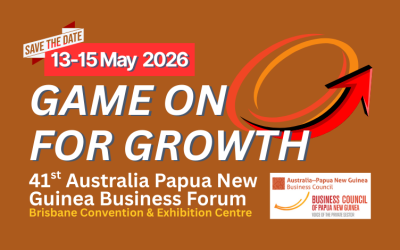A major milestone in Papua New Guinea’s sustainability journey was marked on 30 July 2025 with the launch of the country’s first integrated waste recovery centre. The facility, based on the outskirts of Port Moresby, is a result of a unique partnership between local firm Total Waste Management (TWM) and the Australian Government’s Pacific Circular Economy initiative.
The centre is designed to handle municipal solid waste, e-waste, construction debris, and recyclable materials, using both manual and mechanised separation systems. It will serve as a national demonstration site for circular economy practices, aiming to significantly reduce the volume of waste ending up in PNG’s landfills and waterways.
At the opening, TWM CEO George Liritis said the facility was the culmination of five years of planning and cross-sectoral collaboration. “We’ve created more than just a waste processing site —we’ve created a model that can be replicated across the Pacific,” he said.
The Australian Government provided technical support and funding for infrastructure and workforce training, while PNG’s Conservation and Environment Protection Authority (CEPA) ensured regulatory compliance. The centre is expected to process up to 80 tonnes of waste per day in its initial phase, employing 150 people directly and many more through its downstream recycling network.
Environment Minister Wera Mori described the project as a “turning point” for environmental stewardship in PNG. He added that government policy will now focus on scaling similar centres in Lae, Mt Hagen, and Kokopo.
Beyond waste management, the centre is also being viewed as a catalyst for green entrepreneurship. Several PNG-based SMEs have already signed agreements to source separated plastics and metals for use in locally manufactured products. Schools and universities are being engaged for education and awareness programmes.
With increasing pressure on Pacific nations to respond to climate and pollution challenges, PNG’s new waste recovery centre represents a bold step toward circular economy practices that could shape the region’s sustainable future.



